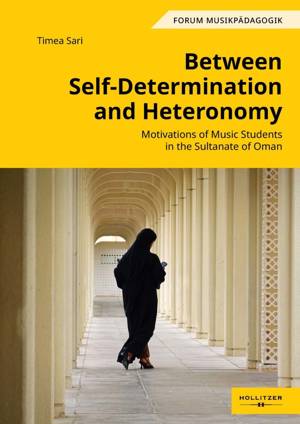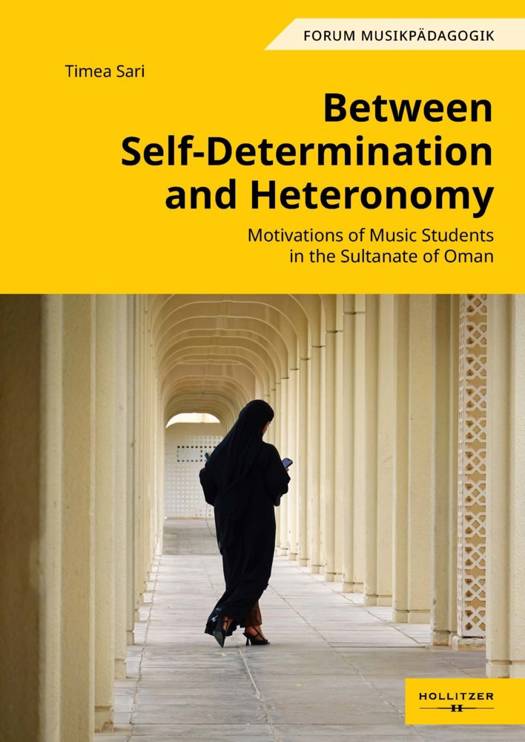
- Afhalen na 1 uur in een winkel met voorraad
- Gratis thuislevering in België vanaf € 30
- Ruim aanbod met 7 miljoen producten
- Afhalen na 1 uur in een winkel met voorraad
- Gratis thuislevering in België vanaf € 30
- Ruim aanbod met 7 miljoen producten
Zoeken
Omschrijving
Over the past fifty years, Oman has seen significant economic, social, and cultural transformation, with music playing a growing role in public life. Despite state support, music remains a controversial subject within Omani society, shaped by traditional Islamic values and socio-cultural norms.This study explores the motivations of Omani music students - their reasons for pursuing a degree in music and their attitudes towards learning and practising. Grounded in Self-Determination Theory, it shows that while students' decisions to study music were often influenced by extrinsic factors, their musical engagement was marked by autonomous forms of motivation. By examining the complex and dynamic interplay between personal interests, socio-economic conditions, family influences, and institutional environments, this study offers a nuanced, context-sensitive view of musical motivation in Oman, contributing to broader discussions on music education and motivation in non-Western settings.
Specificaties
Betrokkenen
- Auteur(s):
- Uitgeverij:
Inhoud
- Aantal bladzijden:
- 348
- Taal:
- Duits
- Reeks:
- Reeksnummer:
- nr. 164
Eigenschappen
- Productcode (EAN):
- 9783990945988
- Uitvoering:
- Paperback
- Afmetingen:
- 170 mm x 240 mm

Alleen bij Standaard Boekhandel
+ 88 punten op je klantenkaart van Standaard Boekhandel
Beoordelingen
We publiceren alleen reviews die voldoen aan de voorwaarden voor reviews. Bekijk onze voorwaarden voor reviews.








